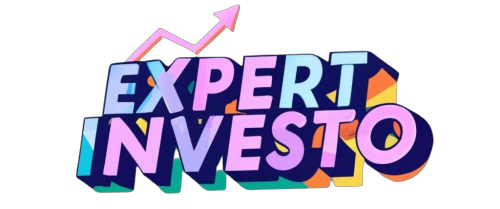Does money management feel chaotic or confusing? This beginner’s guide breaks down practical personal finance skills helping anyone master money and mindset shiftsunlocking financial stability.
Defining Money Management
Money management combines budgeting, banking, debt payments, credit health, taxes, saving, and investing to maximize income while minimizing excessive spending and debt.
“Financial success lies less in how much you earn today, but rather how skillfully you manage what comes in while maximizing its future potential.
— Benjamin Hart, finance coach.
Table of outlines core money management focus areas enabling financial fitness.
|
Focus Areas |
Description |
| Budgeting | Budgeting is the process of making a spending plan or how to spend your money. It involves tracking your income and expenses, setting financial goals, and creating a spending plan that aligns with your goals. |
| Investing | Investing is the process of putting your money to work to generate more money over time. It involves understanding different investment options, setting investment goals, and creating a diversified investment portfolio. |
| Banking | Banking services include checking and savings accounts, credit cards, loans, and other financial products. It involves understanding the different banking products available and choosing the ones that best meet your needs. |
| Insurance | Insurance is a way to protect yourself from financial loss due to unexpected events such as illness, accidents, or natural disasters. It involves understanding the different types of insurance available and choosing the ones that best meet your needs. |
| Wealth Tracking | Wealth tracking involves monitoring your net worth over time. It involves tracking your assets and liabilities, understanding your cash flow, and making adjustments to your financial plan as needed. |
These are just a few of the many focus areas that can help you achieve financial fitness. By focusing on these areas, you can take control of your finances and achieve your financial goals.
Benefits
While essential for all ages and incomes, adopting money management habits carries particular importance for:
- Recent Graduates – Entering unfamiliar career earnings/costs landscapes.
- Growing Families – Rising expenses from kids to college savings require planning.
- Mid-Career Workers – Retirement planning and higher earnings enable accelerated wealth building.
- Pre-Retirees – Retirement lifestyle affordability relies on managing savings and Social Security.
- Lifestyle Changes – Job losses or transitions necessitate budget adjustments.
- Windfalls – Inheritances or lump sums need direction to optimally grow wealth.
Top Tips for Beginners
Feeling overwhelmed is natural. Focus first on adopting basics before evolving advanced tactics:
- Budget Expenses – Tracking all income and spending monthly uncovers waste and opportunities.
- Build Emergency Savings – Having cash reserves prevents debt reliance when the unexpected strikes.
- Pay Down High Interest Debt – Credit cards and loans over 5% create unproductive interest expenses limiting wealth building capacity. Prioritize eliminating them.
- Leverage Tax Advantages – Contribute maximums to tax-advantaged retirement accounts and health savings accounts to shield current income and realize future growth tax-free.
- Automate Money Moves – Set up automatic bank transfers on pay days to instantly direct funds towards savings goals before tempting impulse buys can occur.
- Let Time Work For You – Start saving early and give investment account balances years to experience compound growth through up and down markets.
Ongoing Education Fuels Money Management Success
Many free and low-cost money management education resources exist through community centers, libraries, reputable websites, books, podcasts and more. Since personal finance applicability changes over time, make continuing education a lifelong habit.
The Bottom Line
Money management is less about what you earn today, and more about how skillfully you budget, save and invest along the way. Establishing healthy financial habits early and focusing on continuous learning, even through life’s twists and turns, lays solid money foundations promoting prosperity today and financial independence later.


